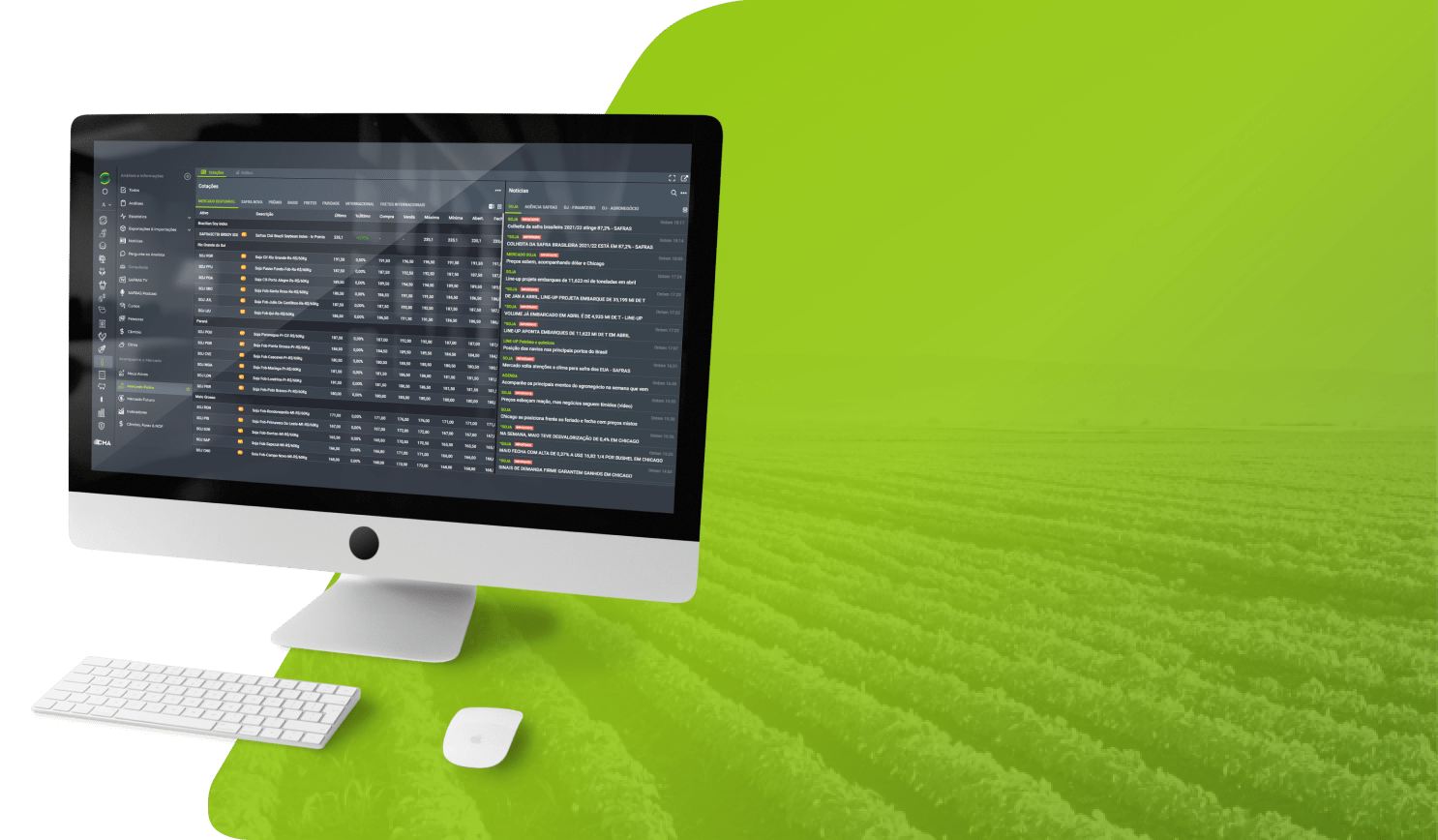Porto Alegre, June 2, 2022 – The crisis in Brazilian swine farming deepens as the surplus supply increases. Production cost is also an important element, remaining at a high level, which results in the worst possible scenario for the sector, with a high risk of bankruptcy and dropouts. The second half of May was characterized by a generalized decline in carcass and live pig prices in the Center-South of the country, increasing the tone of apprehension in general, but to a greater extent amid independent farmers who have a weakened capital and financial structure.
On May 26, the arroba of live pig was pegged on average at BRL 102.00 in the São Paulo market (which is equivalent to BRL 5.44 per kilogram), down 24.4% from BRL 135.00 registered at the close of April. By way of comparison, live chicken in São Paulo was at BRL 6.25 on the same day. The decline in live pigs is also around 20% in several states, such as Santa Catarina, Rio Grande do Sul, and Minas Gerais. The difficulty in selling meat along with full stocks have slowed down the purchase of animals by slaughterhouses, knocking down the bargaining power of farmers, who see no option but to sell at low prices in an environment of great supply. Faced with this difficult scenario, with increasing losses and an uncertain future, some farmers are accelerating sales. The assessment is that the more animals stay on the farm, the more cost and losses increase.
SAFRAS Latam





